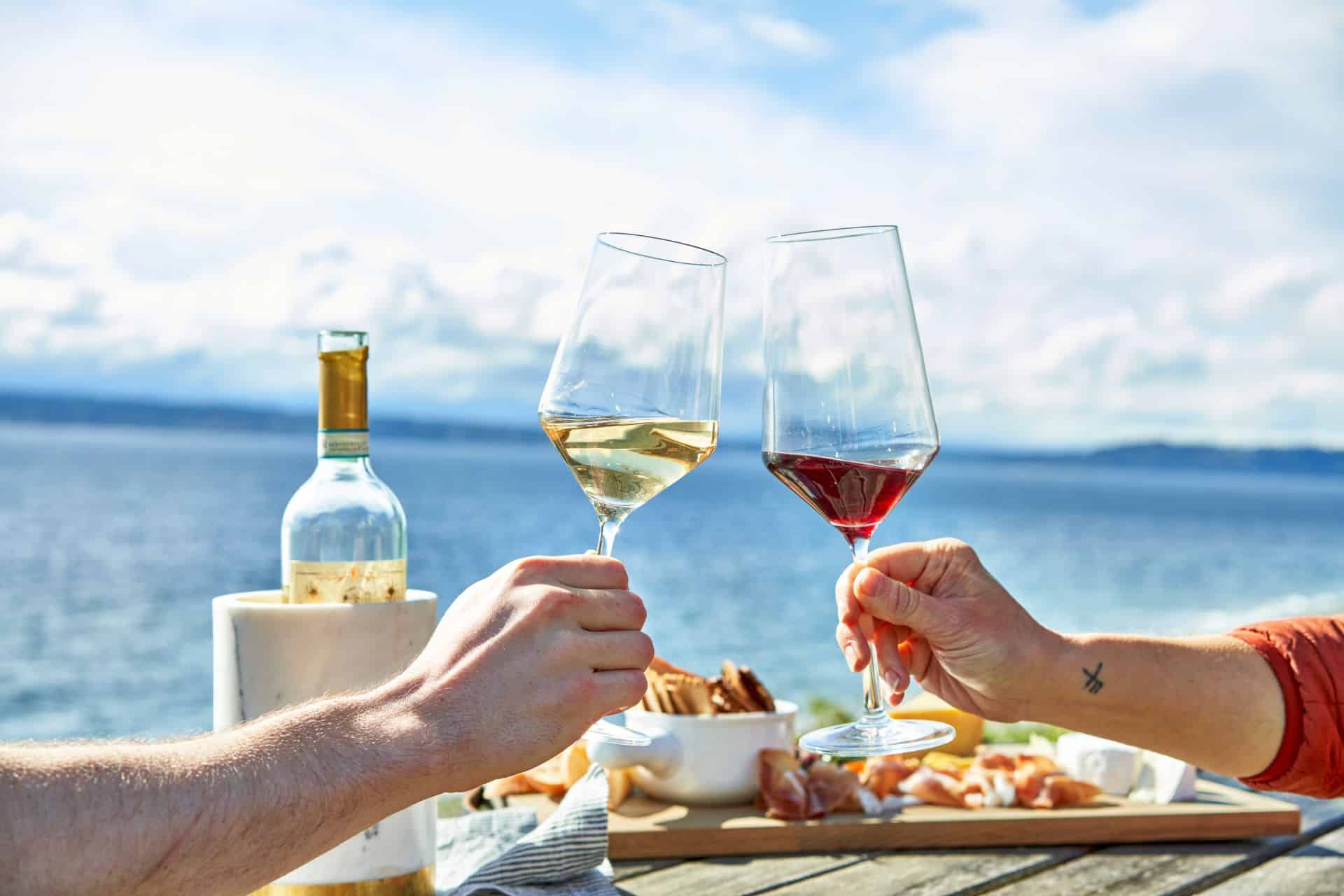Decisions, decisions.


Every year, between mid-October and mid-November, billions of people around the world celebrate Diwali, a festival of lights celebrating the triumph of good over evil.
It’s celebrated through a variety of traditions—from decorating with diya and rangolis to having ceremonies worshipping the Goddess Lakshmi—with an emphasis on community and the sharing of traditional foods like mithai or milk-based sweets.
To learn more about Diwali, its history and its traditions, we asked one of our own Sur La Table employees, Shreyas Dutta, to tell us about the festival, his favorite family traditions and, of course, the food.
Tell us about Diwali – what is it, why is it celebrated, when is it usually celebrated and what are some of the important symbols and traditions?
Diwali is also called Deepawali which means ‘array of lights.’ Every year, we light our houses and surroundings to celebrate the victory of good over evil.
In Hindu mythology, when God Ram returned to India from Lanka after defeating the demon king Ravan, he was welcomed by the citizens of his kingdom by lighting earthen lanterns and lamps (natively called diyas).
It is usually celebrated as per the lunar calendar with the onset of the winter season on a moonless night. Traditionally, people also worship Goddess Lakshmi (Goddess of Wealth) on this day. She is the symbol of prosperity, which is needed for a happy, prosperous life.
Charity and helping the needy is also encouraged during the festivities. Milk-based sweets and goodies are distributed. Earlier, people used to make traditional sweets in their own kitchen. Gradually with urbanization, this was outsourced. People wear new clothes and light fireworks in communities to mark the celebration.
How did your family celebrate Diwali growing up? What are some of your favorite memories?
We would wear traditional clothing and host lunch and dinner for friends and relatives and visit our family friends to exchange traditional sweets and gifts.
We would light earthen lamps in the evening and put them along the exterior as well as in the interior of the house. Devotional prayers would be sung in the evenings. My father used to make caramel-based candies for us. As kids, we would be most excited for lighting firecrackers and enjoying sugar-based candies made in the form of animals and toys. However, in recent years and due to excessive pollution, the use of firecrackers has gone down, and people are generally doing this more in communities rather than individually.
What is the significance of food in the Diwali celebration? What are some traditional dishes?
Food represents prosperity and Rangoli or Alpana (decorations with rice powder and red-colored powder) is done in front of the houses as a welcome symbol for Goddess Lakshmi.
Each home has a pair of feet that are placed at the home’s main entrance, bedroom doors, the kitchen and the pantry as a symbol of the goddess being omni-present in all parts of the house.
Hindus eat vegetarian food on this day. Poori (fried round bread), aloo curry (potato curry in tomato sauce), suji halwa (granulated wheat pudding), kheer (rice pudding) and malpua (sweet wheat-based pancakes) are generally the traditional foods made at home. Sweets are offered first to the Goddess Lakshmi Devi, then distributed as Prasad or ‘holy food.’
What are some of your favorite food-related memories from celebrating Diwali? What dishes from growing up stick out the most?
Homemade milk-based sweets were a delicacy we looked forward to. Sweets and treats would be shared by neighbors. Fritters, fried bread, pancakes and wheat and rice puddings were really special dishes.
How do you hope to carry the Diwali tradition and celebration on to your own children/family?
I would like to celebrate with the same enthusiasm with my family and friends and carry on the tradition so that further generations keep the spirit of Diwali alive. Festivals give positive energy, break the monotony of daily life and most of all bring your community together.
Lighting fireworks is a fun activity during Diwali. But since pollution is a major concern, I would not encourage the use of firecrackers and instead promote lighting more earthen lamps.
Diwali is a key Hindu festival celebrated by Indians irrespective of their religious beliefs. It’s a joyous time of the year signifying the victory of light over darkness and is much more than just a festival—the key message of the triumph of good over evil should be shared and celebrated with the larger community.
Well said Shreyas , nice reminder ????????